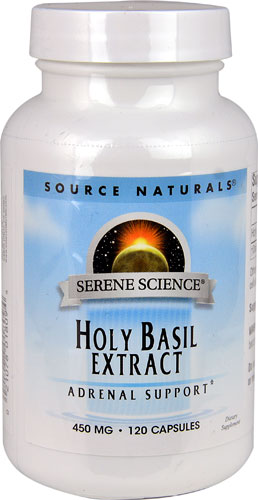We all need extra oomph at times—when we’re about to score a winning goal or need to run quickly to someone’s aid. When life demands, our bodies smartly release adrenaline and cortisol.
What is cortisol?
The hormones, which come from your adrenal glands, have specific tasks: Adrenaline kicks up your heart rate, blood pressure and energy. Cortisol, your main stress hormone, sends more glucose into your bloodstream and helps your brain better use those sugars so that you can take control of fight-or-flight situations. Cortisol also tamps down your digestive and reproductive systems, so that you can marshall your focus and strength in order to tackle the intense task at hand.
All this is well and good—unless your body starts regularly pumping out cortisol. This happens if you constantly feel anxious. The pattern can disrupt your body's natural state, potentially leading to depression, digestive problems, headaches, heart disease, sleep problems, weight gain, and memory and concentration impairment, according to the Mayo Clinic and Harvard Medical School. Adrenaline and cortisol are useful only if you can get your hormone levels to return to normal after they spike, along with your heart rate, blood pressure and other physical systems.
Unfortunately, some people are more prone to feeling anxious and stressed than others, thanks (not really!) to genetics or what they’ve experienced in their past. That's the bad news. The good news is that an endless list of stress-management techniques offer immediate fixes, as in: I feel stressed and need help now. What’s more, when followed regularly, the techniques are likely to adjust your interpretation of life's events in a wider and general way so that you always feel a little more in control and relaxed. Here are seven:
1. Sleep.
This has got to be the easiest one on the list because we all need it. Without enough sleep, lots of things emotionally trigger us, and we feel uber-stressed. Make getting adequate zzz's a priority.
2. Identify your stressors.
If you can figure out what in particular sets you off, you can strategize how to manage it. Take note the next time your heart starts thumping wildly, then be your own best friend: When you feel yourself getting amped up, gently talk yourself through what's going on, and if the situation doesn't actually require Herculean strength, talk yourself down.
3. Breathe.
Yes, yes, you're always breathing. But odds are you could take deeper, slower and steadier breaths, which will activate your parasympathetic (rest-and-digest) nervous system. You can put this to use right when you're feeling stressed or throughout the day, every day, rejiggering your physical constitution for the long haul.
4 Read a book.
Find a real book, one that keeps you engaged and maybe even inspires you or makes you laugh. Reading on a tablet, phone or computer won't have the same relaxing effect. A great time to read is before bed, which should help you with #1 on the list.
5. Listen to music.
Music is the all-time soother. This technique is arguably easier and more pleasant than sleeping, especially if you're a fitful sleeper (you still must sleep though!).
6. Walk.
Going for a walk combines exercise with a chance to meditate (if you walk in a peaceful setting and find a cadence), both of which counter stress. Plus, walking is available to the vast majority of us.
7. Meditate, practice yoga or do tai chi.
These three mind-body practices are excellent at countering chronic stress, as many studies have shown. That said, they tend to require more effort to start than the first six strategies—though if you take up a mind-body practice on a regular basis it’s bound to make almost everything else on this list much more accessible.
Mitra Malek’s reporting and writing have appeared in The Washington Post and USA Today, and she is a contributing editor for Yoga Journal.




